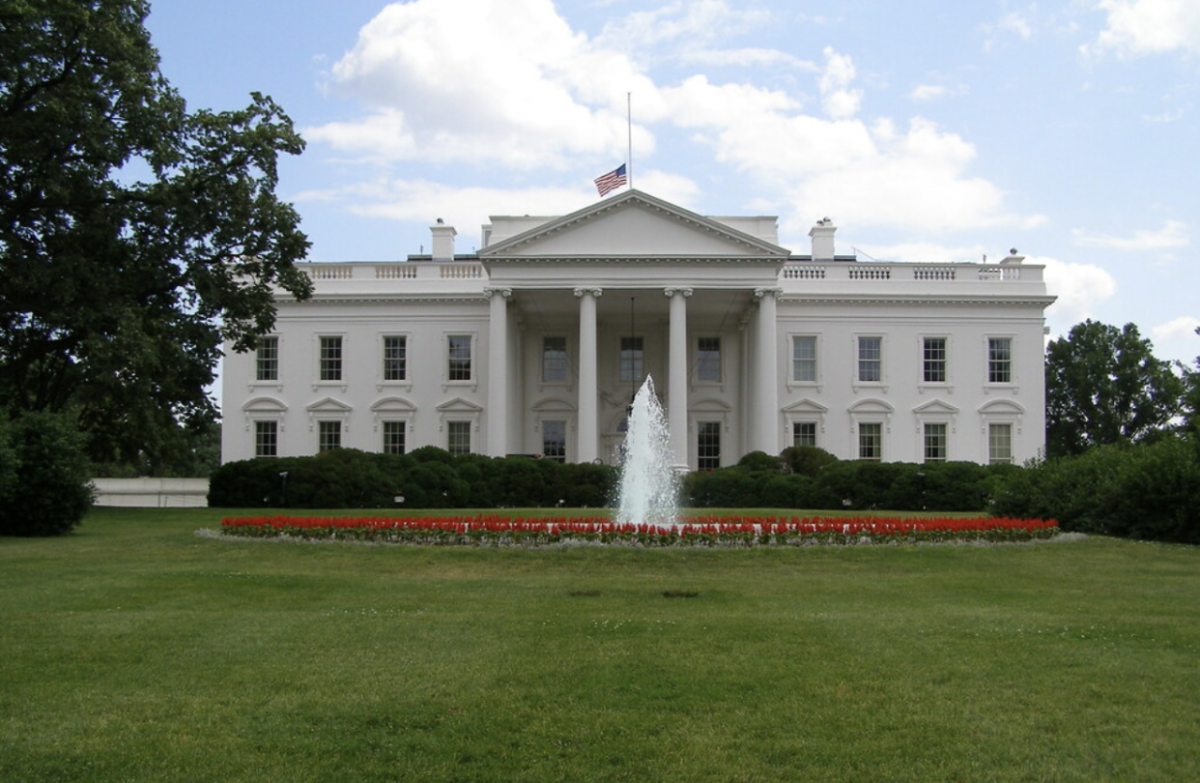The last eight years have given us a glimpse into a nation led by the two oldest presidents in the history of the Oval Office, with President Joe Biden inaugurated at 78 and former President Donald Trump at 70. The former resigned as the Democratic Party’s presidential candidate this summer at the age of 81, while Trump aspires towards another four years of presidency at 78 years old. The rising age of presidential candidates––coupled with recent concerns about Biden’s and Trump’s mental fitness and the implications of the 2024 election––has led citizens to wonder whether it’s time to actualize the concept of a presidential age limit in public discourse.
Imparting a presidential age limit is justified ethically and legally, as age restrictions for entering the presidential race already exist with the minimum running age of 35. This policy was put in place during a time when politicians tended to be very young, so a minimum age mattered, but a maximum age was seen as nonessential. But the drastic upward trend in presidential age is a definite reason to add an age cutoff as well. Moreover, the national retirement age in the United States is 67, so why should the leader of our country serve well past the national standard to retire? These existing policies already acknowledge that the job of U.S. president cannot be performed by people of any age and that retirement should be encouraged in old age to preserve quality of work and of life. This construct must apply to the presidential position as well, because there undoubtedly comes an age when individuals are unable to properly hold the role of commander-in-chief.
The media has been abuzz about presidential health and capability concerns for individuals serving in office after President Biden dropped out of the race this past July, with many speculating that it was due to age-related capability concerns. A standardized test is a commonly discussed and mostly effective hypothetical solution to these rising concerns, but putting a presidential age limit in place would actively cut down on the vast majority of age-related capability issues, hopefully making the test even less necessary.
The most significant impact of a presidential age limit could be its role in advancing the push for government representation that truly reflects the interests and values of the next generation. An effective and well-suited president needs, arguably above all else, the ability to connect and empathize with new generations of voters. A younger president will likely be more in touch with the younger electorate and thus naturally make better-informed decisions. An age limit will also open up candidacy slots for members of a new generation and hopefully start to change the stereotypical constructs that exist around what financial, age, racial, and cultural population a president typically belongs to. Furthermore, a presidential age limit will likely increase voter participation and support. A study conducted by Pew Research Center in July of 2023 showed that only around 3 percent of Americans believe an individual age 70 or older is best suited to serve as the president of the United States. This concretely reflects that the vast majority of U.S. citizens do not feel comfortable with an older leader.
Across both political parties, people from all walks of life are pushing for changes to be made in the way we perceive presidential capability and who we choose to serve as our collective representation. Many members of the Groton community have the voice to make their visions a reality this November, and all have the power to advocate for changes like a presidential age cutoff to be implemente








